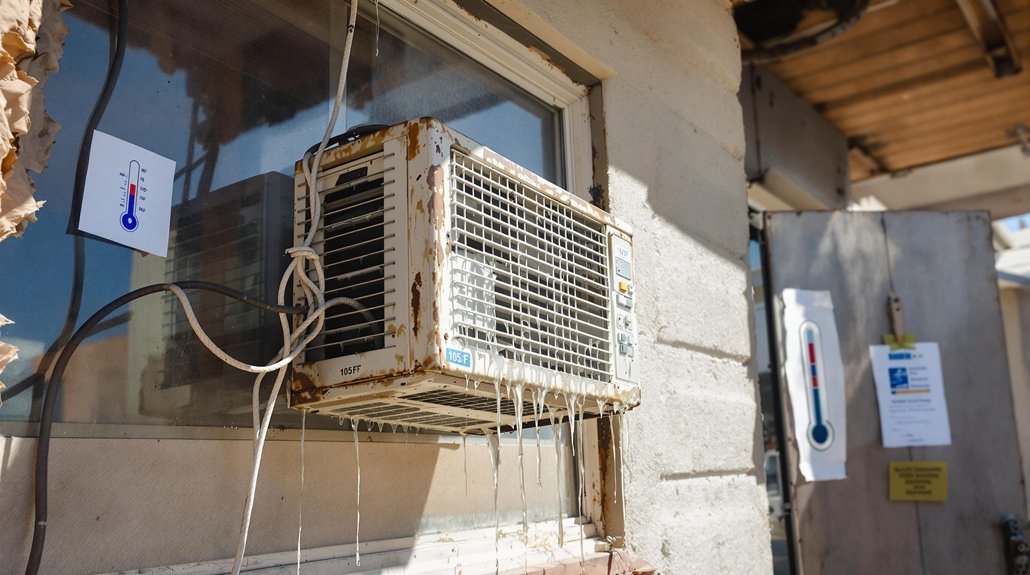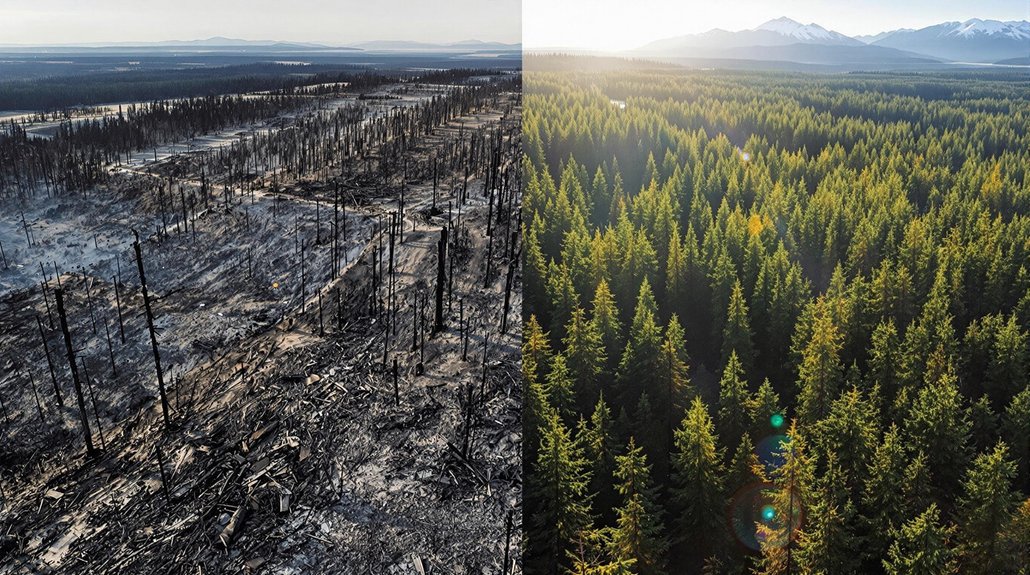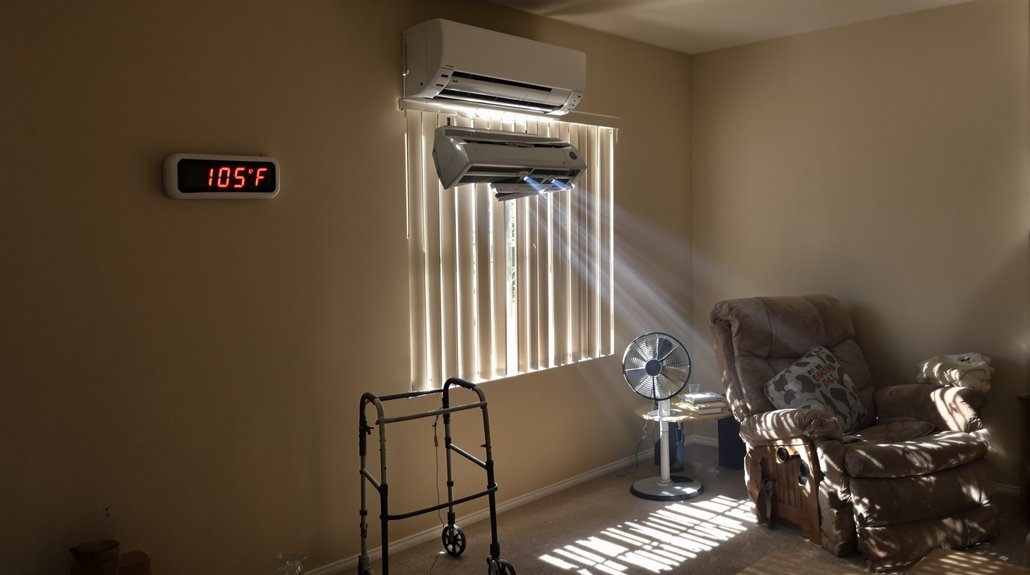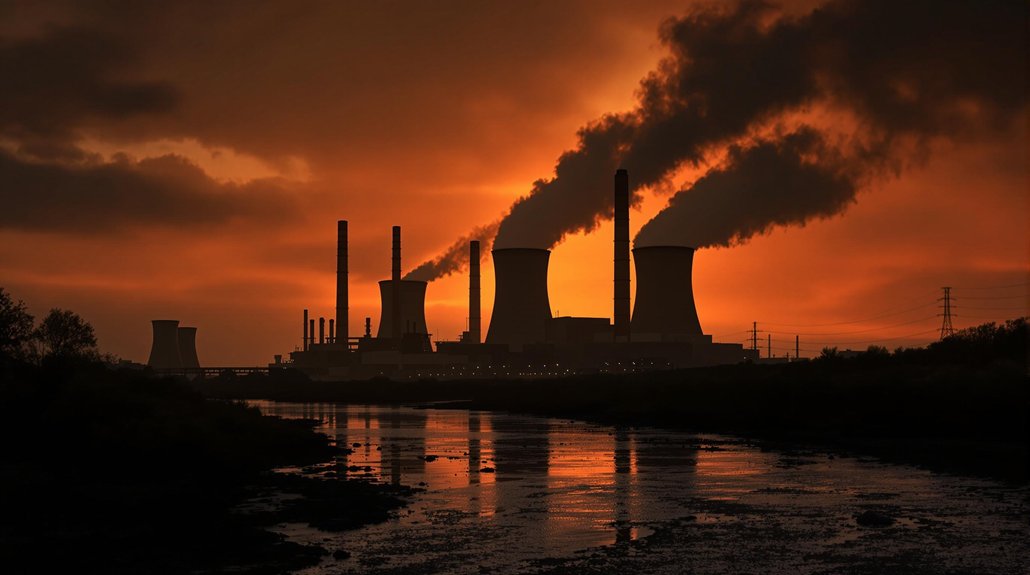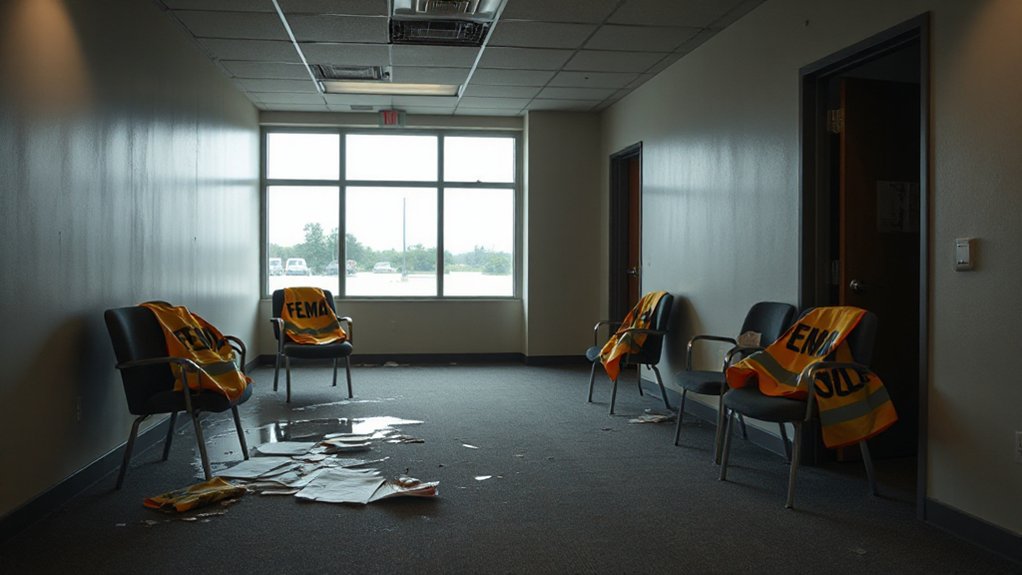Recent budget cuts are affecting air conditioning access for millions of Americans. The Department of Energy has postponed efficiency mandates while LIHEAP staff terminations have reduced assistance for low-income households. Nevada’s funding dropped from $29 million to $17 million, impacting over 12,000 families who received cooling support last year. Rising utility costs force difficult choices between essentials and cooling homes, increasing heat-related illnesses. These changes come as summer temperatures continue to rise nationwide.
The heat is on for millions of Americans as recent budget cuts impact air conditioning accessibility and regulations. The Department of Energy has postponed energy efficiency mandates for central air conditioners that were established during the Biden administration. These postponements lack clear timelines, leaving the HVAC industry uncertain about future regulations.
The EPA is reconsidering policies on HVAC refrigerant changes, potentially delaying the adoption of environmentally friendly alternatives. Consumers can now replace older refrigerants like 410A indefinitely, which slows progress toward sustainable cooling practices.
Environmental progress stalls as EPA reconsiders refrigerant policies, allowing continued use of outdated cooling chemicals indefinitely.
Perhaps most concerning is the complete termination of the Low Income Home Energy Assistance Program (LIHEAP) staff. This program provides crucial support for utility costs to households that can’t afford adequate cooling. In Nevada alone, LIHEAP funding dropped from $29 million in 2023 to just $17 million in 2024, despite record-breaking heat-related deaths in the region.
Last year, over 12,000 Nevada households relied on LIHEAP to pay heating and cooling costs, with an average assistance of $1,860 per household. These cuts are hitting vulnerable populations hard, especially as temperatures rise across the country.
The budget reductions for federal energy programs are expected to raise utility bills for those who can least afford them. Many families now face impossible choices between essential needs like food and medicine or cooling their homes during dangerous heat waves.
Health consequences are becoming evident. Heat-related illnesses and deaths are rising, with increased emergency room visits among those who can’t afford adequate cooling. The elderly and medically vulnerable are at particular risk. Rural communities are experiencing heightened vulnerability with the closure of all ten regional EPA offices that previously advocated for environmental justice.
The HVAC industry also faces challenges from these policy changes. Delayed efficiency standards and regulatory uncertainty make it difficult for contractors and manufacturers to plan for future requirements. The indefinite extension for older coolant use further complicates the change to greener technologies. Additionally, the recent 90-day freeze on nearly $9 billion in state rebates for HVAC upgrades under the Inflation Reduction Act has created more uncertainty for homeowners seeking to improve their cooling systems.
Experts have raised serious funding concerns about how these budget cuts will damage long-term innovation in energy-efficient cooling technologies.
As summer approaches, these issues will only become more pressing for millions of Americans.
